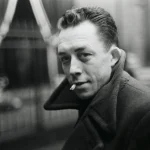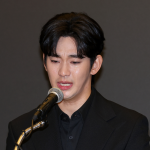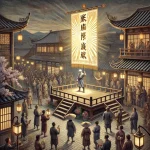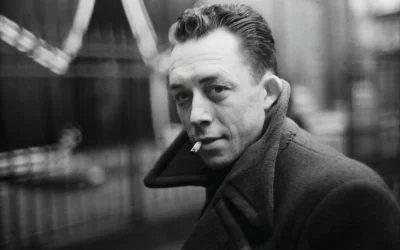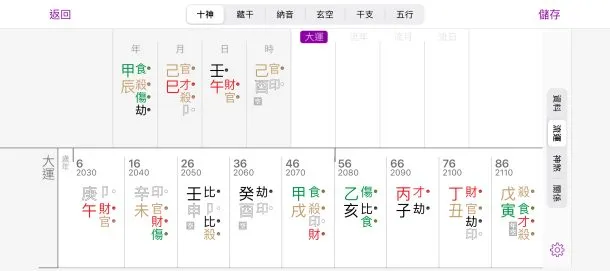When astrology practitioner Jeremy Tan and a fellow Singaporean Chinese metaphysics consultant Sean Chan met for the first time, the two men had much to share.
It turns out, there are numerous similarities when it comes to western and Chinese astrology. It only makes sense — our ancestors were looking at the same sky.
One of these striking similarities includes the Chinese zodiac and western horoscope.
“In Chinese astrology, there are the 12 zodiacs,” says Sean Chan. “I believe in Western astrology, there are the 12 horoscopes, right?”
“Yes,” replies Jeremy Tan.
The 12 Chinese zodiacs (represented by animals) and 12 western horoscopes (a Greek word denoting “time observer”) were ancient means of timekeeping. It was no coincidence that both came up to 12. Both are based off Jupiter, a planet which takes 12 years to complete an orbit around the sun. Coincidentally, in Chinese metaphysics, Jupiter is dubbed the “Grand Duke” or “太岁” (tài suì).
While the zodiac and horoscope were initially complex studies of astrological movements, both have been watered down into commercial and generic predictions for life events.
“In an astrological column, you’re reading, “I’m a Leo. It’s a good time for romance today,” Jeremy Tan mimics a horoscope column. “But there are millions of Leos born in that period of time as well. That’s not to say all Leos will get into a relationship.”
To Tan, these generalised columns are erroneous. “These are actually very generalised interpretations,” Tan continues. These horoscope columns are based on the sun’s behaviour — ignoring all the other planets in the system which could pose significant influences as well.
A similar misconception is found in the Chinese zodiac as well. “I mean, every Chinese New Year you will see someone in a Chinese robe on national TV giving a forecast of the year in the 12 zodiacs,” says Sean Chan, referring to the annual zodiac forecasts aired on Singapore’s terrestial broadcast channels. “Just take it as 100 percent entertainment. It’s a completely wrong and inaccurate way of applying Chinese metaphysics.”
Chan explains that a reading in Chinese metaphysics is based on an individual’s Eight Characters (or 八字 bā zì) — the zodiac being one of the eight.
“To just take one character from your chart, ignoring the other seven, you cannot get anything meaningful out of it,” says Chan.
These vague zodiac and horoscope misreadings are significant. They potentially could wrongly influence an individual’s choice of life events.
It’s impossible to summarise a person’s life in a sentence or two. When both Jeremy Tan and Sean Chan plots out the natal charts and Bazi charts of their clients, it’s a long and detailed process. At the end of it, the chart is a bird’s eye profile of the client’s life trajectory. It’s not a forecast, not a prediction of good or bad luck, wealth or poverty, but simply knowledge of the ups and downs in life.
“Astrology is just a tool for you to profile yourself better in a way,” explains Tan.
“When you plot a chart, the chart is fixed,” Chan chimes in. “There are good charts and challenging charts. It’s important to accept and recognise that.”
Be it good or challenging charts, Chan reminds his clients that “it’s not about pre-destination. The whole point is to transcend and do better.” While it’s not about predicting an ominous life event and avoiding it altogether, the point of astrology is to inform yourself that a fortuitous or difficult event is coming up — and you could ready yourself with a positive mindset to get past it.
Related Story: In Singapore, Astrology’s Resurgence Amongst Millennials
***
For the original article, see: https://tsingapore.com/article/perfect-strangers-two-astrologers-come-clean-horoscopes-zodiacs-2019

